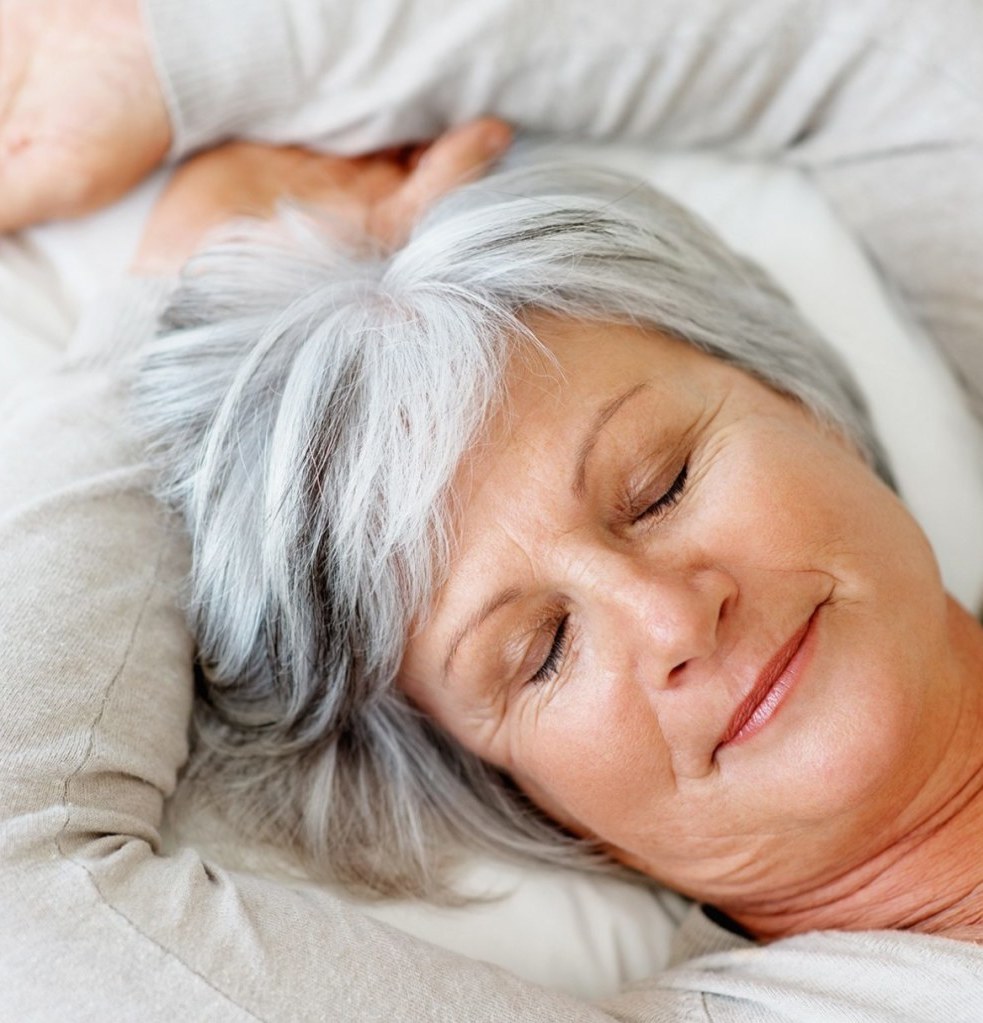Cutting salt intake could stop excessive toilet trips in the wee hours
Frequently needing the toilet in the middle of the night is a condition that affects more than half of 50s, leading to fatigue, irritability and a groggy feeling in the morning. But scientists believe they have found a solution, and it could be as simple as a slight dietary tweak. Japanese researchers discovered that lowering salt intake can significantly reduce excessive night time toilet trips, a condition which is also known as nocturia.
This is the first study to measure how salt intake affects the frequency of going to the bathroom. This work holds out the possibility that a simply dietary modification might significantly improve the quality of life for many people.
Lead author Dr Matsuo Tomohiro, of Nagasaki University
When 223 volunteers were asked to cut their salt by 25 per cent, from 10.7g to 8g a day, their average night time toilet expeditions fell from an average of 2.3 trips to 1.4 times. The NHS recommends that adults only eat 6g of salt each day, which suggests that keeping to the limit could bring more benefits than lowering blood pressure. Salt can only be disposed from the body when it is dissolved, so the more people eat the more urine needs to be expelled to get rid of it. Salty foods also make people more thirsty, so the double impact of salt and more liquid increases the need to urinate, particularly at night.
The body becomes less efficient at dealing with salt as we get older or in ill health; so we can end up accumulating salt, leading to rather unstable urine production, particularly during the night.
Professor Marcus Drake of Bristol University, the Working Group Lead for the EAU Guidelines Office Initiative on Nocturia

Health